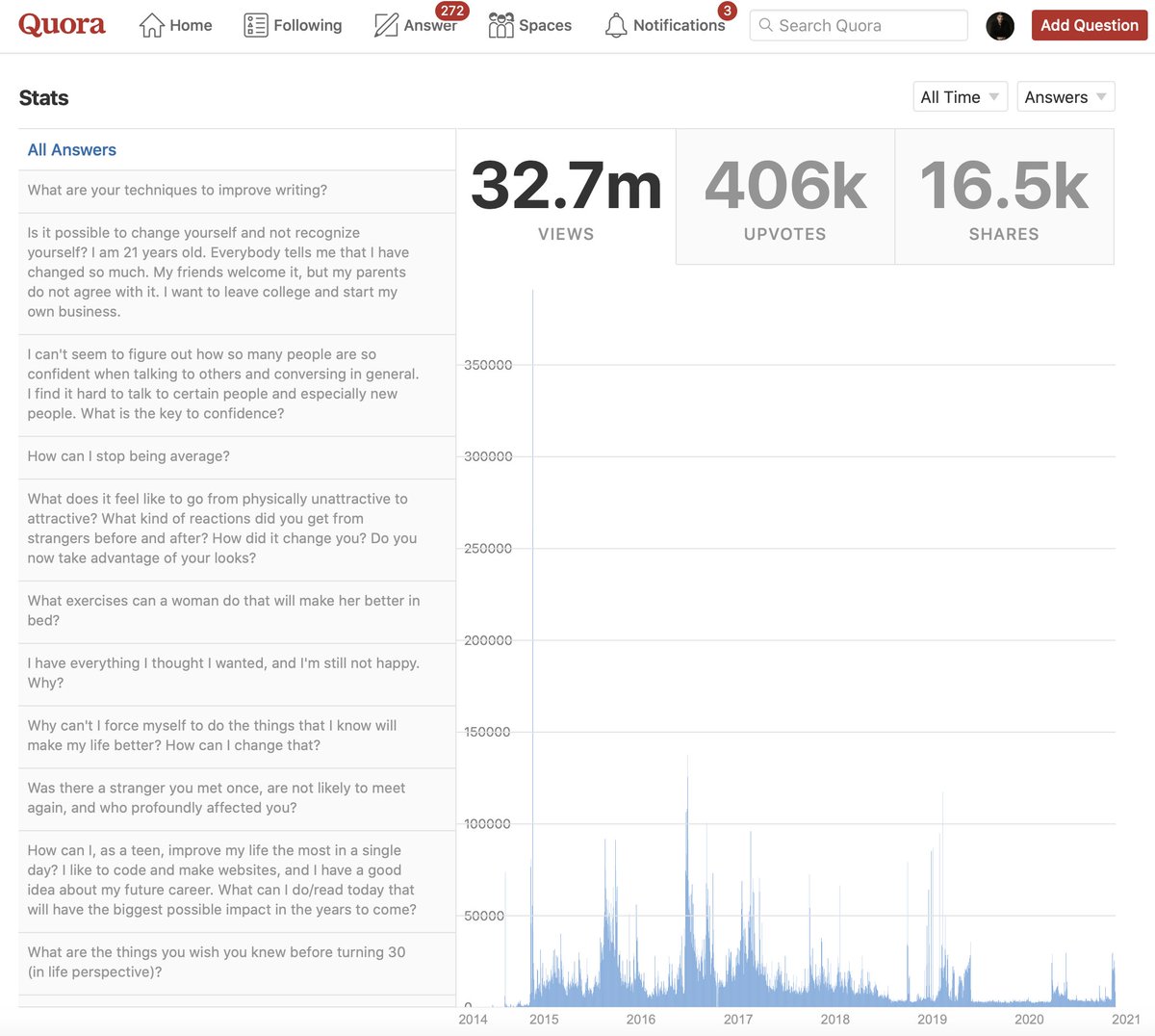It's how we live these days.
I want to talk about how western editors and readers often mistake protags written by BIPOC as "inactive protagonists." It's too common an issue that's happened to every BIPOC author I know.
Writing tip: let\u2019s talk about the INACTIVE PROTAGONIST. I\u2019ve seen a lot of amazing books lately with incredible plots, intricate worlds, and just really great writing with one recurring issue, which is the inactive protagonist. I think it can get tough when you\u2019re writing (1/10)
— Briston Brooks (@briston_brooks) January 26, 2021
It's how we live these days.
Thank you for coming to my TED Talk. 😆
Hi, I write fantasy fiction with a Filipino flair and many of my protagonists are just actively trying to survive 😆 you can get a copy of my work here:
https://t.co/hCK8uspghp
https://t.co/awSu7y5674
https://t.co/7c21iqwMgz
https://t.co/yPxghYAuQO


















